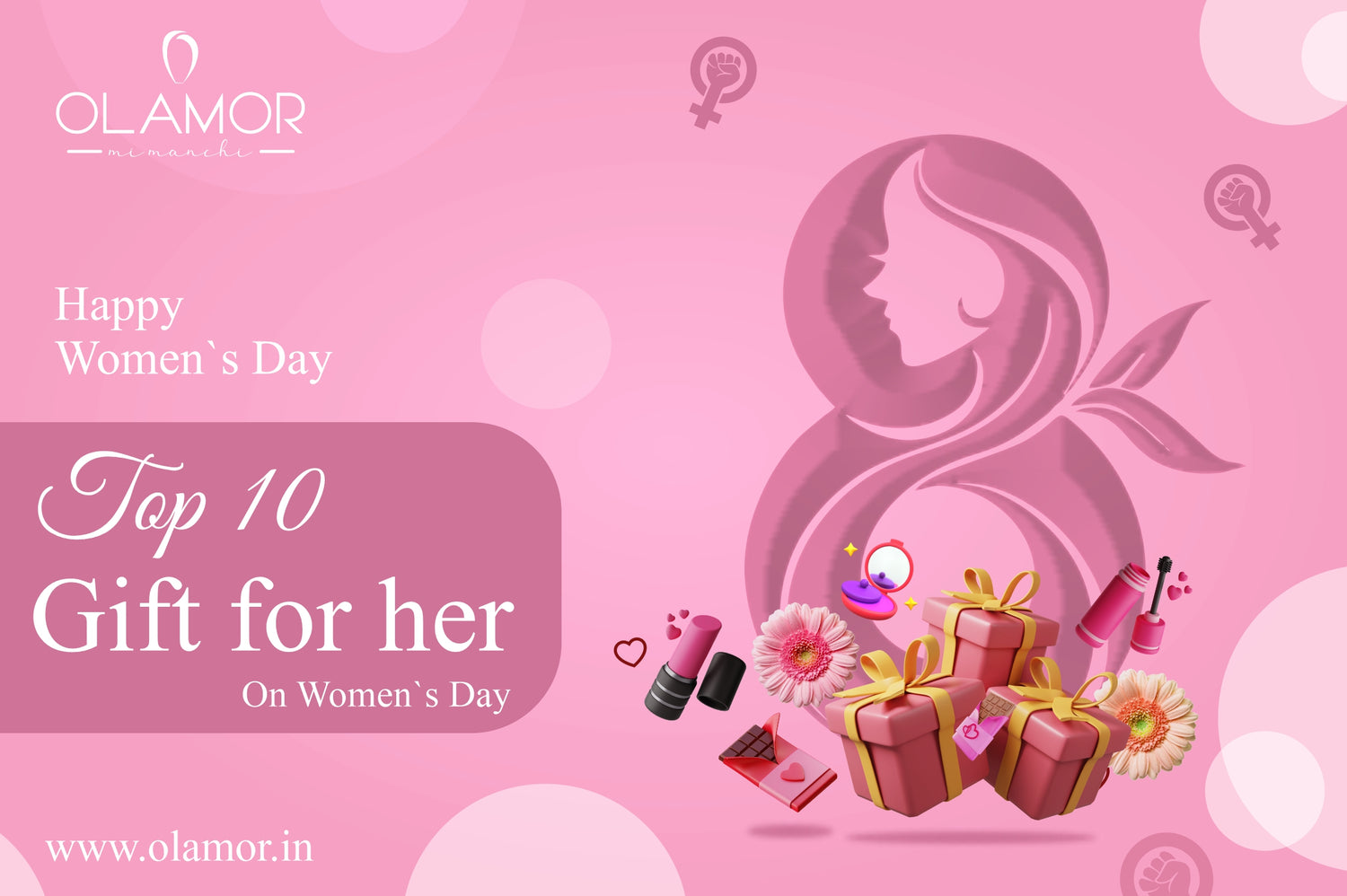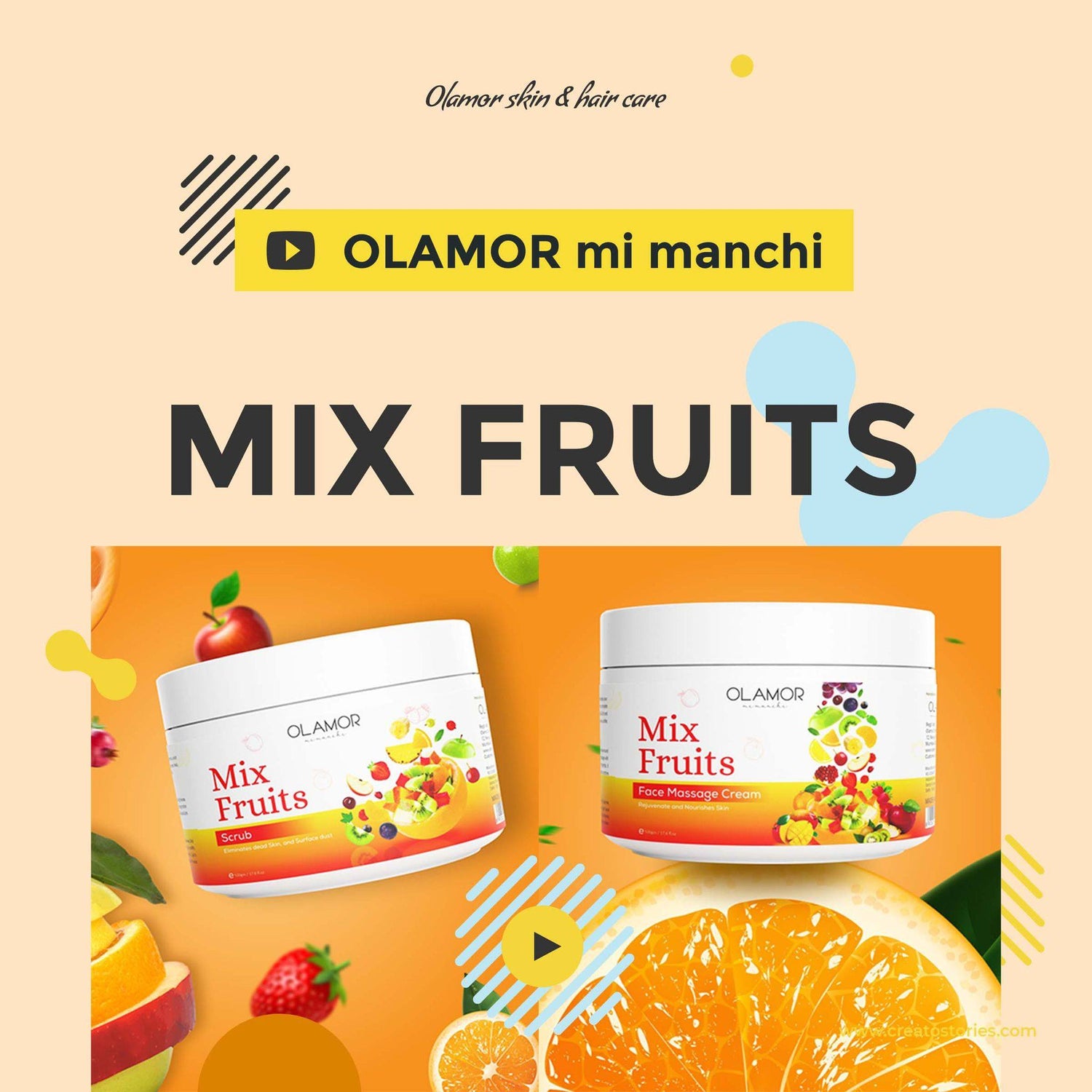Introduction:
Hibiscus, known for its vibrant and colorful flowers, is more than just an ornamental plant. Traditionally used in various cultures for its medicinal properties, hibiscus has gained popularity in the world of natural hair care. Rich in vitamins, amino acids, and antioxidants, hibiscus offers a plethora of benefits for maintaining and improving hair health. From promoting hair growth to reducing dandruff and adding a natural shine, this versatile flower can be incorporated into your hair care routine in multiple ways. In this guide, we will explore seven simple and effective methods to use hibiscus for achieving healthy, lustrous hair. Whether you prefer oils, masks, rinses, or natural shampoos, hibiscus provides an array of options to cater to your specific hair needs. Embrace the natural goodness of hibiscus and transform your hair care regimen with these easy-to-follow tips.
Uses of Hibiscus:

Hair Care:
- Promote Hair Growth: The nutrients in hibiscus stimulate hair follicles, encouraging growth.
- Prevent Hair Loss: It strengthens the roots and reduces hair fall.
- Condition Hair: Hibiscus acts as a natural conditioner, making hair smooth and shiny.
- Treat Dandruff: Its antimicrobial properties help eliminate dandruff and soothe the scalp.
- Delay Premature Graying: Hibiscus can help maintain natural hair color.
Skin Care:
- Anti-Aging: Rich in antioxidants, hibiscus helps combat free radicals and reduces signs of aging like fine lines and wrinkles.
- Moisturizing: It hydrates the skin, improving its texture and elasticity.
- Even Skin Tone: Hibiscus can help reduce hyperpigmentation and even out skin tone.
Health and Wellness:
- Digestive Health: Hibiscus tea can aid digestion and alleviate constipation. Immune Support: Its high vitamin C content boosts the immune system.
- Weight Management: Hibiscus tea is known to help in weight loss by regulating metabolism.
- Blood Pressure Regulation: Consuming hibiscus tea can help lower blood pressure levels.
Medicinal Uses:
- Anti-Inflammatory: Hibiscus has anti-inflammatory properties that can help reduce swelling and pain.
- Antimicrobial: Its natural antimicrobial properties make it useful in treating infections.
- Liver Health: Hibiscus extracts support liver function and help detoxify the body.
Dye and Craft Uses:
- Natural Dye: The pigments in hibiscus flowers can be used to dye fabrics naturally.
- Craft Projects: Dried hibiscus petals are used in making potpourri, candles, and other decorative items.
How can I use hibiscus for hair?
Using hibiscus for hair offers numerous benefits, making it a valuable natural remedy for maintaining and enhancing hair health. Here are some specific uses and their associated benefits:- Promotes Hair Growth: Hibiscus helps stimulate hair follicles, leading to increased hair growth. Its nutrient-rich composition, including vitamins and amino acids, nourishes the scalp and enhances hair strength.
- Reduces Hair Loss: The strengthening properties of hibiscus prevent hair breakage and reduce hair fall. By fortifying the hair roots, hibiscus ensures that hair remains strong and resilient.
- Natural Conditioner: Hibiscus acts as a natural conditioner, making hair softer and more manageable. It helps retain moisture, giving hair a healthy, shiny appearance and reducing frizz.
- Treats Dandruff: With its antimicrobial and anti-inflammatory properties, hibiscus helps combat dandruff and soothe an irritated scalp. Regular use can prevent dandruff recurrence and maintain a healthy scalp environment.
- Prevents Premature Graying: Hibiscus can help maintain the natural color of hair and delay the onset of premature graying. Its antioxidants and vitamins support overall hair health and pigment preservation.
- Improves Scalp Health: Hibiscus promotes a healthy scalp by unclogging hair follicles and improving blood circulation. This ensures that the scalp receives adequate nutrients and oxygen, promoting overall hair health.
- Adds Volume and Shine: Regular use of hibiscus can add volume and natural shine to hair. Its conditioning properties ensure that hair looks fuller and more vibrant.
- Repairs Damaged Hair: Hibiscus helps repair and rejuvenate damaged hair. Its rich composition of vitamins and amino acids aids in restoring hair strength and elasticity, reducing split ends and breakage.
5 Benefits of Hibiscus for hairs:
- Stimulates Hair Growth: Hibiscus is rich in vitamins, amino acids, and antioxidants that nourish the scalp and hair follicles, promoting healthy hair growth. It enhances the blood circulation in the scalp, which helps in stimulating hair growth and increasing the overall density of hair.
- Reduces Hair Fall: The nutrients in hibiscus strengthen the hair roots, preventing hair fall. Its properties help fortify the hair shaft, reducing breakage and ensuring that hair remains strong and resilient.
- Treats Dandruff: Hibiscus has antimicrobial and anti-inflammatory properties that effectively treat and prevent dandruff. It soothes an itchy scalp, reduces flakiness, and maintains a clean and healthy scalp environment, preventing the recurrence of dandruff.
- Conditions and Adds Shine Hibiscus acts as a natural conditioner, adding moisture to the hair and making it smoother, softer, and more manageable. It helps in retaining the natural oils of the scalp, reducing dryness and frizz. Regular use of hibiscus can also add a natural shine to the hair, making it look healthy and vibrant.
- Prevents Premature Graying The antioxidants in hibiscus help maintain natural hair color and delay the onset of premature graying. By preserving the natural pigment of the hair, hibiscus ensures that your hair retains its youthful color for longer.

Conclusion:
Hibiscus, with its vibrant flowers and numerous benefits, is not just a beautiful plant but also a potent natural remedy for hair care. From stimulating hair growth to reducing dandruff and preventing premature graying, hibiscus offers a wide range of benefits for maintaining healthy, lustrous hair. Whether used in oils, masks, rinses, or natural shampoos, incorporating hibiscus into your hair care routine can transform the health and appearance of your hair.
FAQ's
- Is hibiscus suitable for all hair types?
Yes, hibiscus is suitable for all hair types, including dry, oily, and combination hair.
- How often should I use hibiscus for my hair?
You can use hibiscus for your hair 1-2 times per week, depending on your hair's condition and needs.
- Can I use hibiscus if I have colored or chemically treated hair?
Yes, hibiscus is safe to use on colored or chemically treated hair. It can help maintain the vibrancy of your hair color and improve the overall health of your hair.
- Where can I find hibiscus for hair care?
You can find hibiscus in the form of dried flowers, powdered petals, or as an ingredient in hair care products at health food stores, online retailers, or specialty beauty stores.
- Are there any side effects of using hibiscus for hair?
Hibiscus is generally safe for hair use, but some individuals may experience allergic reactions. It's recommended to perform a patch test before using hibiscus products extensively.






